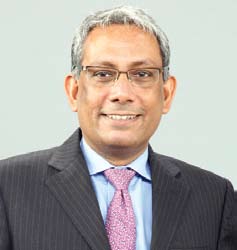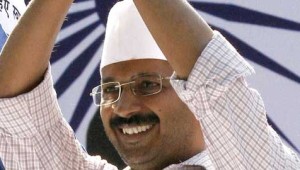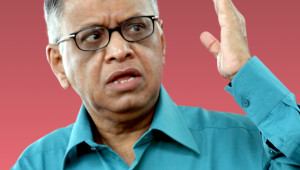Ravi Venkatesan, independent director, Infosys, former chairman, Microsoft India Indian companies have perfected the art of thriving in chaos. For MNCs yet to take the plunge, it is a scary thought and for many who are already here, it is a daunting task. Ravi Venkatesan’s book ‘Conquering Chaos – Win in India, Win Everywhere’ is a primer to all MNC business leaders who hope to succeed in emerging markets. He offers the dos and don’ts which is rare because it has come from his personal experience of running global and Indian companies. Excerpts from his chat with Benedict Paramanand
What’s the central theme of the book and why you thought it should be written in the form of a book?
The central idea is that vibrant but chaotic India is an archetype for many other emerging markets, and multinationals that wait for the country to become less chaotic or for India to change to fit their business models will find themselves losing out in the next big wave of globalization. Faced with slow growth in developed markets, MNCs have to turn to emerging markets. Most emerging markets look a lot more like chaotic India than China – with corruption, crony capitalism, bureaucracy, poor infrastructure etc. MNCs like Unilever, JCB, Cummins, Stanchart that realize this and commit to succeeding in India end up succeeding not only in India but many other markets. They develop the products, capabilities, mindset and talent pool that helps them win in markets from Indonesia to Nigeria. So India is important not just as a talent pool and a market but most of all a litmus test of a firm’s ability to succeed in emerging markets.
I originally thought of writing this as an article in HBR but my editor Anand Raman thought the material was so rich and important that it should be a book. In the book I have focused not just on the Big Idea but on very practical approaches on how to succeed in India. What kind of leadership do you need? How do you develop such leaders? How do you innovate for our market? How do you deal with government and with corruption? It’s really written as a how-to manual for managers in Indian companies and MNCs.
After writing the book how has it impacted you personally?
The process of writing the book gave me the opportunity to reflect a lot on my 25 years of work, of building organizations and what I had done well and what I would do differently in retrospect. That was really powerful. Combined with conversations with leaders in 25-30 companies, I developed robust ideas and convictions especially around leadership and how to grow talent. Stepping away from an intense executive leadership role and becoming an author was also a great experience. I have become a lot more grounded, a more interesting and a happier person.












Recent Comments